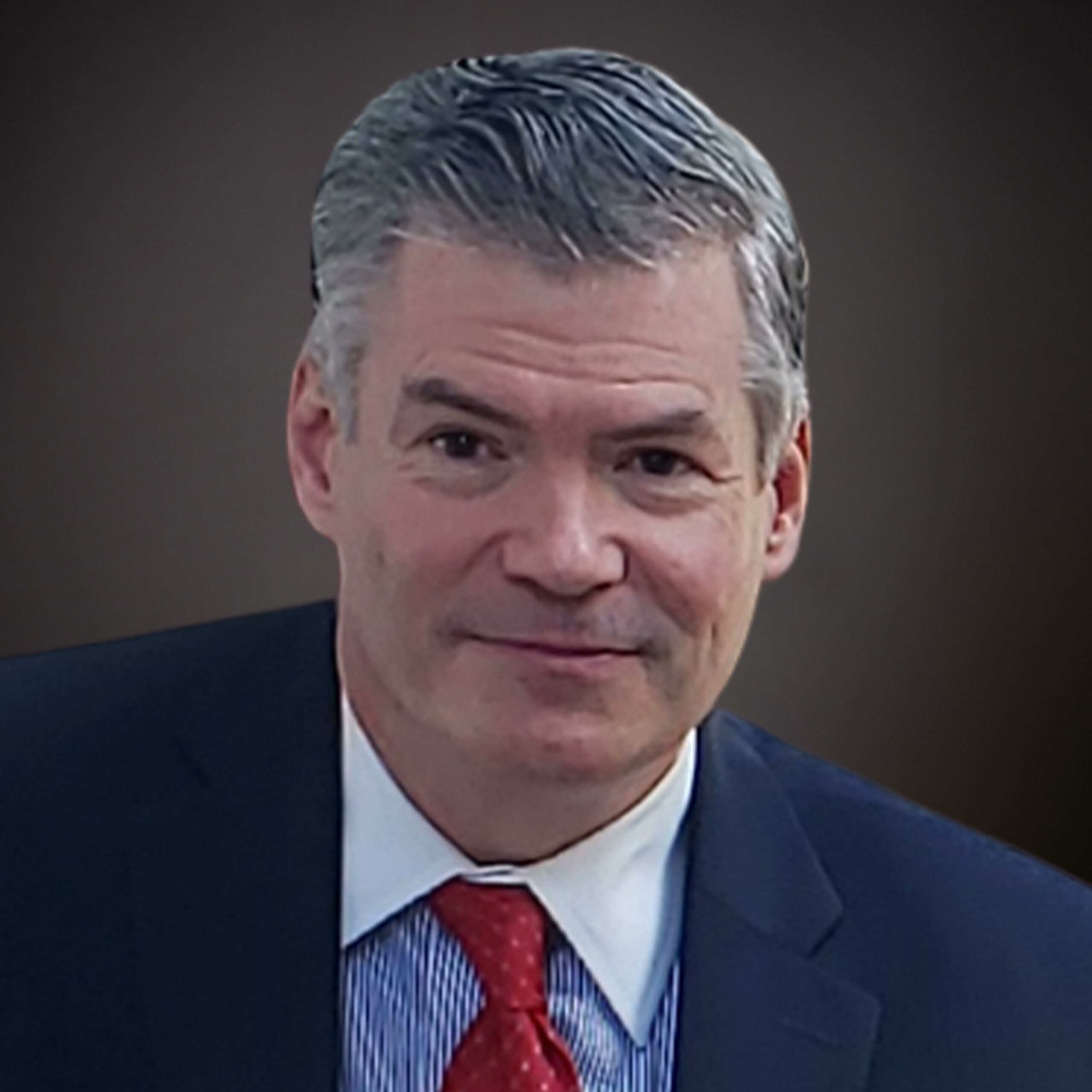President Trump’s executive order “Democratizing Access to Alternative Assets for 401(k) Investors” will reshape how Americans save and invest for retirement.
Among other things, the order directs the Securities and Exchange Commission to “consider ways to facilitate access to investments in alternative assets by participants in participant-directed defined-contribution retirement savings plans.” This is a welcome departure from the paternalistic financial bureaucracy that has long sought to limit the choices of retirement savers in the name of “protection.”
Today, tens of millions of Americans entrust their future security to 401(k) accounts. Still, the available investment options are overwhelmingly slanted toward public equities and mutual funds — asset classes tied to the fate of centralized institutions and increasingly distorted by government spending and Federal Reserve policy. Meanwhile, access to private investments — those that have long been available to institutional investors and the ultra-wealthy — is practically nonexistent for most retirement savers.
Trump’s order corrects that imbalance. It empowers Americans to diversify their portfolios with alternatives like physical gold and silver, private equity, or digital assets. This isn’t about indulging speculative fads. It’s about financial self-determination.
Take precious metals. Tangible assets such as gold and silver have served for centuries as hedges against inflation and currency devaluation. They’re not securities, they don’t promise returns, and they don’t depend on the quarterly whims of Wall Street. They’re a store of value — exactly what many conservative, risk-conscious investors want in a volatile era.
Retail firms such as Goldco and American Hartford Gold already serve a growing customer base, facilitating the purchase of metals and coins for self-directed IRAs under Section 408(m) of the Internal Revenue Code. However, that model remains artificially constrained by regulatory hostility.
The problem is not legality; it’s leverage. Previously, the SEC weaponized civil enforcement and exploited vague statutory interpretations to harass industries it disapproved, including those involved in precious metals and cryptocurrency. The agency acted as prosecutor, judge and jury — targeting companies that sell tangible gold and silver products, although these are commodities, not financial instruments.
This regulation-by-enforcement is corrosive. It discourages innovation and narrows the field of available investment tools. It enables bureaucrats to decide what products are considered “safe,” even when those products have been in use for centuries. It tips the scales in favor of paper assets — such as gold exchange-traded funds, which are more easily controlled, taxed and steered through financial intermediaries. Worst, it treats Americans as children who must be protected from themselves.
This approach betrays a broader ideological battle. Since 2008, many conservatives have gravitated toward tangible assets, particularly precious metals, as a rational response to government-driven instability in the financial system. Prominent Republican voices have endorsed the value of holding gold in self-directed retirement accounts.
For many, it’s not a financial strategy; it’s a philosophical approach.
That freedom to choose is precisely what the current regulatory regime seeks to deny.
Government bureaucrats will likely resist Trump’s order through procedural warfare, such as stalling guidance, narrowing definitions or threatening firms with burdensome compliance requirements. That’s why Congress must act.
Lawmakers should curtail the SEC’s overreach and that of other financial regulators that have abandoned neutral rulemaking in favor of political activism. Agencies must be required to provide clarity, not ambiguity, and to respect the boundaries of their statutory authority.
More broadly, it’s time to restore the principle that Americans are adults, capable of managing their own financial futures. If a retiree wants to hedge inflation with gold, invest in a promising tech startup, or place a modest bet on Bitcoin, they should be free to do so. It’s their money. It’s their future.
Trump’s executive order is a giant step in the right direction. It challenges the administrative status quo and expands the range of retirement options beyond what Wall Street and Washington deem acceptable. Without a concerted push from Congress, the order could be quietly buried in a bureaucratic morass.
The choice is clear: Either we trust Americans to build the retirement they want, or we let unelected regulators dictate the limits of their ambition. One path respects liberty. The other cements dependence. Conservatives, and any believer in market freedom, should know which side they’re on.


